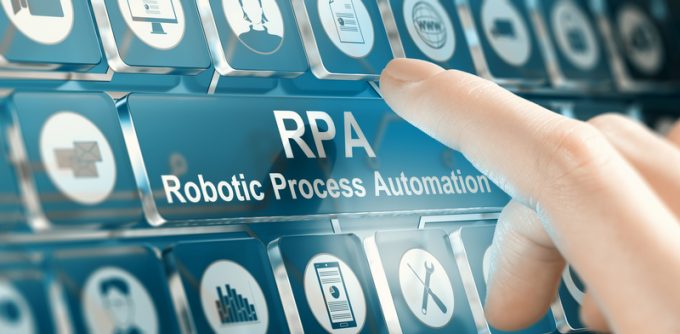HMM steams in with early (for box shipping) adoption of eB/Ls
South Korean state enterprise-owned shipping line HMM has this week committed to adopting electronic bills ...

If you work in transportation and logistics, technology may sometimes seem like the bane of your existence. The implementation of different kinds of software applications meant to elevate and simplify your business may, in fact, have the opposite effect.
Your employees may experience “portal fatigue,” trying ...
CMA CGM South Korean staff strike over bonuses after bumper 2024 profit
MSC switches two more Asia-Europe port calls from congested Antwerp
CMA airline returns two freighters, while ANA takeover of NCA looms
Nightmare for Bangladeshi exporters as congestion and tariffs bite
Tradelanes: Export boom in Indian sub-continent triggers rise in airfreight rates
Carriers introduce surcharges as congestion builds at African ports
Ports and supply chain operators weigh in on funding for CPB
Box ship overcapacity threat from carrier appetite for new tonnage

Comment on this article
Oliver Harris
November 25, 2019 at 7:58 pmProcesses in the transportation industry sure have a lot of potential for automation, but first companies must make sure that their processes are good enough to be automated. Automation technologies are not universal panaceas for any manual process. We at CiGen wrote as well an article with examples of use cases in the transportation and logistics sector https://www.cigen.com.au/cigenblog/8-real-world-cases-robotic-process-automation-rpa-transportation-logistics, going a bit more in-depth of how RPA can help with them.
Looking forward to seeing the changes in this industry.
ayushi
November 09, 2020 at 6:42 amRPA 2.0 is the future of Robotics. With the rise of artificial intelligence, Roberts can now reason its incoming inputs. Now, they don’t blindly follow the algorithm but they can learn the patterns and improvise the output according to the circumstances or the changes in the input. To know more visit Signity Solutions how they help businesses with RPA 2.0